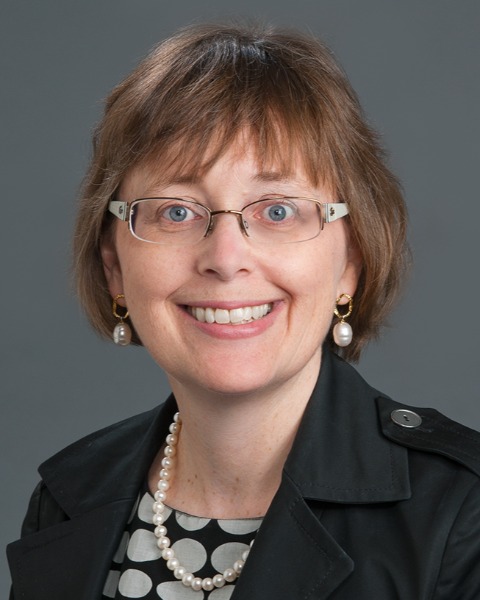Health Equity/Social Determinants of Health 2
Session: Health Equity/Social Determinants of Health 2
415 - Centering Voices of Black Mothers to Eliminate Disparities in Maternal and Infant Outcomes
Saturday, April 26, 2025
2:30pm - 4:45pm HST
Publication Number: 415.4406
Katherine Poehling, Wake Forest School of Medicine, Winston-Salem, NC, United States; Sharlee M. Hainesworth, Action4Equity, Winston-Salem, NC, United States; Tiara Morris, Action4Equity, Rural Hall, NC, United States; april miller, Wake Forest School of Medicine of Wake Forest Baptist Medical Center, Winston Salem, NC, United States; Shantae R. Graham, Action 4 Equity, Winston Salem, NC, United States; Kayla Kizzie, Forsyth Family Power, Winston-Salem, NC, United States; Alexandria Blair, Forsyth family power, Winston salem, NC, United States; Shaadia S. Moore, Action4Equatity/Forsyth Family Futures, Walkertown, NC, United States; MICHELLE CARMICHAEL, Forsyth Family Power, WINSTON SALEM, NC, United States; Nicole Howard, Action4Equity, Winston Salem, NC, United States; Magdalena Zarate Arroyo, Forsyth Family Power, Winston Salem, NC, United States; Terrae McMiller, Action 4 Equity, Winston Salem, NC, United States

Katherine Poehling, MD, MPH (she/her/hers)
Professor
Wake Forest School of Medicine
Winston-Salem, North Carolina, United States
Presenting Author(s)
Background: The U.S., including Forsyth County, NC, has had long-standing disparities in maternal and infant outcomes.
Objective: To eliminate racial disparities in Forsyth County, NC, one academic system partnered with a local non-profit, Action4Equity to train black mothers as researchers and center black maternal voices.
Design/Methods: Action4Equity hired a program manager, a lead researcher, and 8 black mothers who were trained as researchers and completed all IRB requirements. A black OBGYN and pediatrician partnered, shared county, state, and national data, and supported training. Black mothers building on their experiences created 15 questions to provide insights on the needs of Black mothers in Forsyth County in addition to self-reported demographic characteristics. Mixed methods were used to ask these questions by an electronic multiple-choice survey using 4-point Likert scale to black women and by focus groups between March 2023 and May 2024. We analyzed each survey question using Chi-square analysis and Fisher’s exact tests. Survey results were triangulated with focus group response.
Results: A total of 202 black mothers completed the 15-question survey, and 47 black mothers participated in one of 3 focus groups. Survey respondents were 38% 18-29 years and 60% 30-39 years; 64% had annual income <$40,000; 86% ever breastfeeding. Survey respondents reported multiple persons provided mental, physical, and emotional support, with 14% including clinical providers. Few reported being offered midwifery (28%) or doula (24%) services. Almost half reported being offered childbirth (52%) or parenting (43%) classes. Most reported being offered breastfeeding education (81%) or breastfeeding support (74%). Focus group discussions reinforced these findings and provided further context.
Conclusion(s): Mixed methods research led by black mother researchers in Forsyth County, NC highlights the opportunity to provide mental, physical, and emotional support, to build more trusting relations, to feel more included in decision-making and informed about treatment options, and to be offered services. Communication with community researchers, community, and medical stakeholders is on-going with plans to collectively perform predictive analytics.
Survey responses to questions using 4-point Likert scale from most affirmative (yep) to nope
ByMothers Abstract Table.pdf

